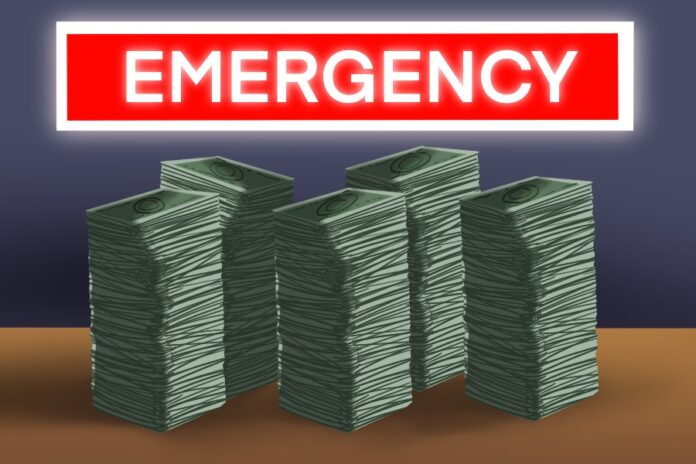Tax measure allows city council to call special election
The Davis City Council voted unanimously to declare a fiscal emergency in their Sept. 3 meeting in an effort to avoid what city staffers warned would be a “dramatic” loss of sales tax revenue. The declaration allows the city to call a special election in March 2020 to put the renewal of the city’s 1% sales tax towards a city-wide vote.
A staff report from city officials encouraged council members to approve a resolution declaring a fiscal emergency in order to call for a special election. In the report, city officials warned of a future gap in the city’s tax revenue if the city’s current 1% sales tax was not renewed. This multi-month gap in revenue could cost the city millions, the report stated.
“The loss of the $2.2M anticipated to be collected from January 1-March 31, 2021 would require the City Council to determine how to reprioritize among critical city services, reducing or cutting numerous City programs including public safety (Police and Fire); maintenance of city roads, sidewalks, bike paths and parks; and community programs, such as recreation for youth and seniors,” according to the report.
Declaring a fiscal emergency does not necessarily signal an immediate financial crisis for the City of Davis, according to Assistant City Manager Kelly Stachowicz. Rather, she said, the declaration is a pro forma “procedural move” by the council, meant to avoid a potentially dire financial situation in the future.
“The declaration was done for a very specific reason — to address a chain of events that happened that have required us to move our general election [from March] to November [2020],” Stachowicz said.
The chain of events began in July, when the city received a demand letter from Rexroad Law Firm alleging that the city’s current election system — an at-large electoral system — violated the California Voting Rights Act, disenfranchising minority populations in municipal races.
“Davis does not appear to dispute our allegations that the City has been conducting at-large elections, and that those at-large elections have resulted in racially polarizing voting and dilution of minority voting rights,” wrote Rexroad.
The letter threatened legal action if the city did not switch to a district-based system by its next scheduled city council election, originally slated for March 2020.
The city council disagreed with the premise of Rexroad’s lawsuit but worried about the financial implications of the legal battle. A city staff report, dated Aug. 13, echoed these concerns, asserting that fighting Rexroad’s lawsuit would be costly with little chance of success.
“Should the City Council decide not to pursue a move to District elections, the City would be exposed to litigation and required to pay legal fees not only for the City’s defense, but potentially for the plaintiffs’ costs as well,” the report read. “To date, no city has prevailed on the merits in a lawsuit challenging the California Voters Rights Act, so Davis’ costs would likely exceed $1 million.”
In order to comply with the letter’s demands, the council was forced to reschedule the March 2020 city council municipal election to November of that year, Stachowicz said.
General taxes, like the sales tax up for renewal, are typically required to share a ballot with city council member races in municipal elections, according to Stachowicz. Still, if the 1% sales tax renewal vote is also pushed back to November, this would create a multi-month gap in city revenue collection, she said.
“If we were to wait and have the sales tax at that November date, then [the tax] wouldn’t be able to be in effect until spring — probably April or so — of 2021,” Stachowicz said. “Meaning we would lose about a quarter’s worth of revenue generated by that tax — that’s over $2 million. That would then put us into that financial emergency.”
The Sept. 3 report advised the council to declare a fiscal emergency, which in turn allows them to conduct the tax renewal vote during an election without city council races.
In response to the report, the council unanimously approved the fiscal emergency resolution, according to the city website.
Written by: Tim Lalonde — city@theaggie.org



